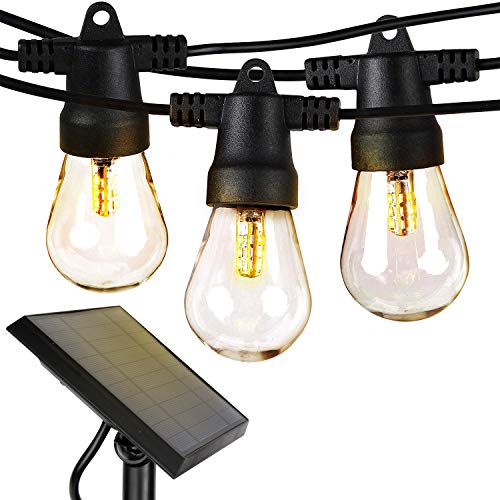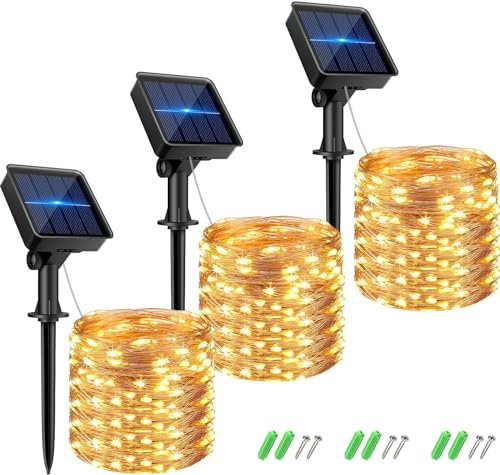How do solar lights work? Electrical experts reveal how they turn sunlight into cozy garden lighting
The science behind solar lights and how they work in your yard
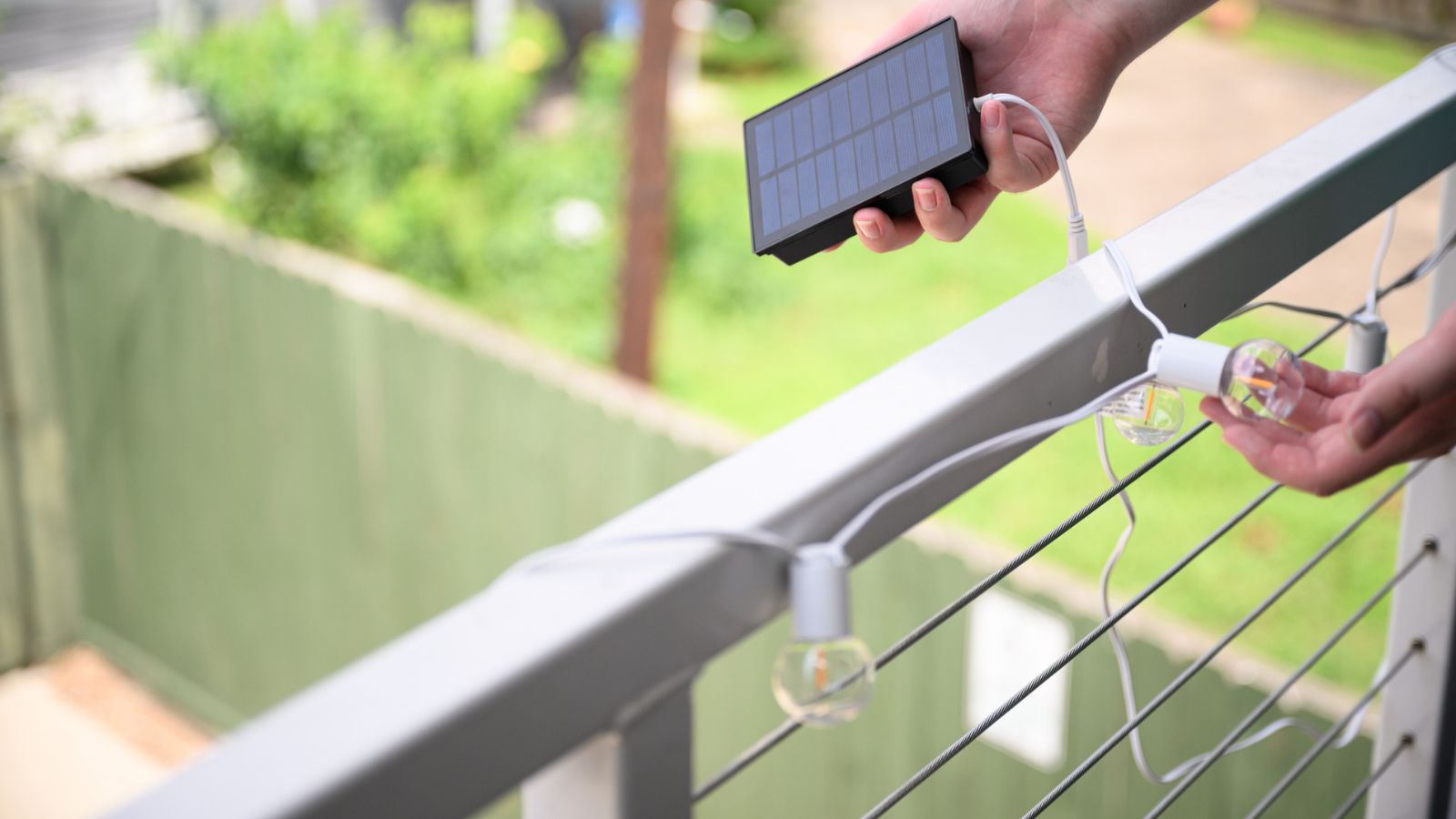

Solar lights can seem like magic. They turn the light from the sun into usable electricity, making for beautiful garden lighting that's totally free to run.
But how do they actually work? I spoke to solar and electrical experts about how good solar lights turn sunlight into evening ambiance.
They revealed the simple science behind solar lights and what it means for your garden lighting.
1. Capturing and converting solar energy
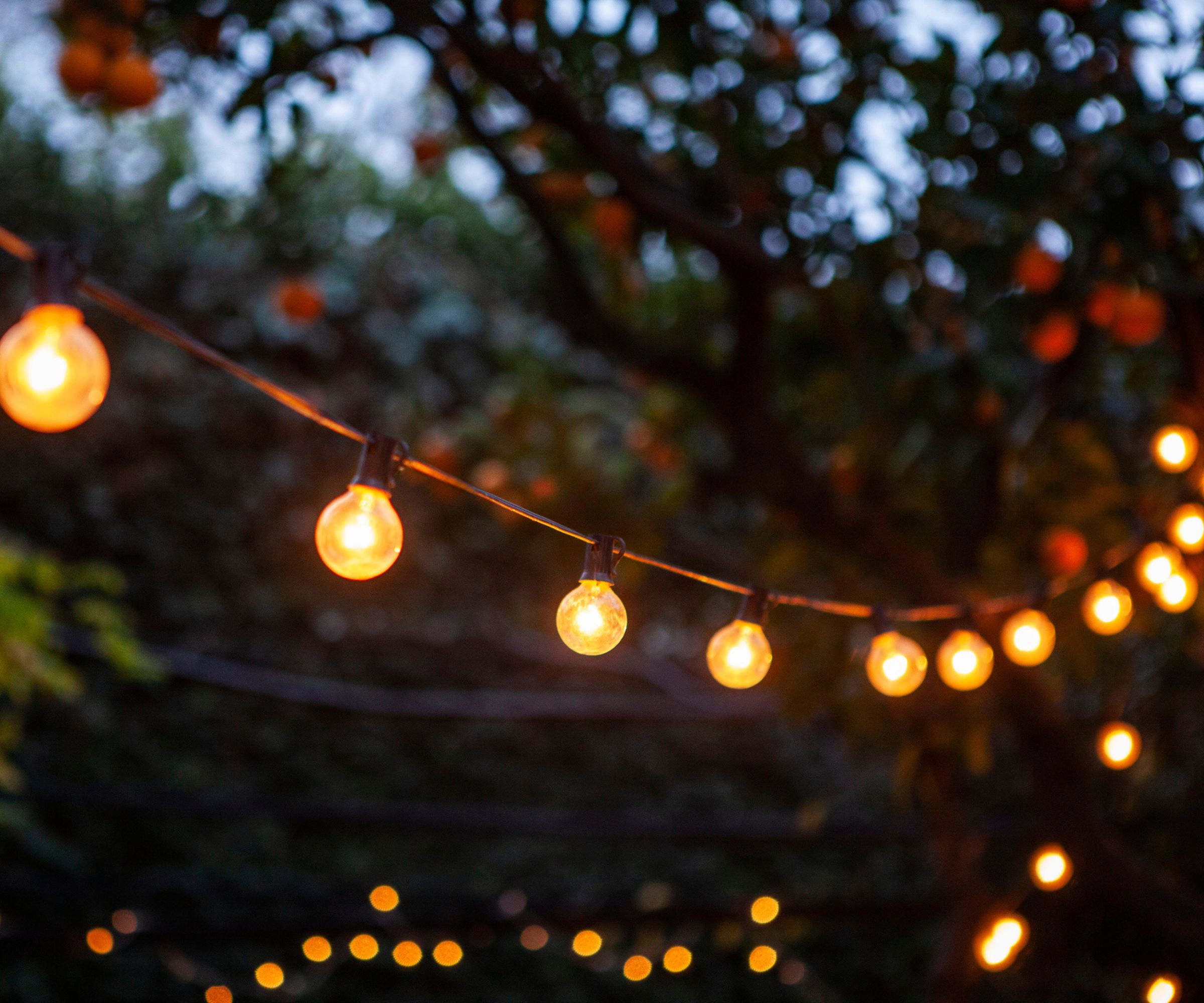
Solar lights convert solar energy into electricity, and they do this with the photovoltaic effect.
Solar expert Daniel Espada says that 'Solar lights operate by harnessing energy from sunlight using the photovoltaic (PV) effect, where solar panels absorb sunlight and convert it into electricity.
'The PV effect occurs when photons from sunlight strike the semiconductor material in the solar cells, releasing electrons and creating an electric current.'
Electricity expert Brandon Young adds a little more detail. 'In other words, when photons (light particles) fall on the surface of a photovoltaic material, they transfer their energy to electrons and knock them loose. This movement of electrons creates an electric current.'

Daniel is a product manager at Solar Cleaning Machinery, a company that offers solar panel cleaning equipment.

Brandon Young is CEO of Utilities Now, a Texan utility comparison company.
2. Storing electricity
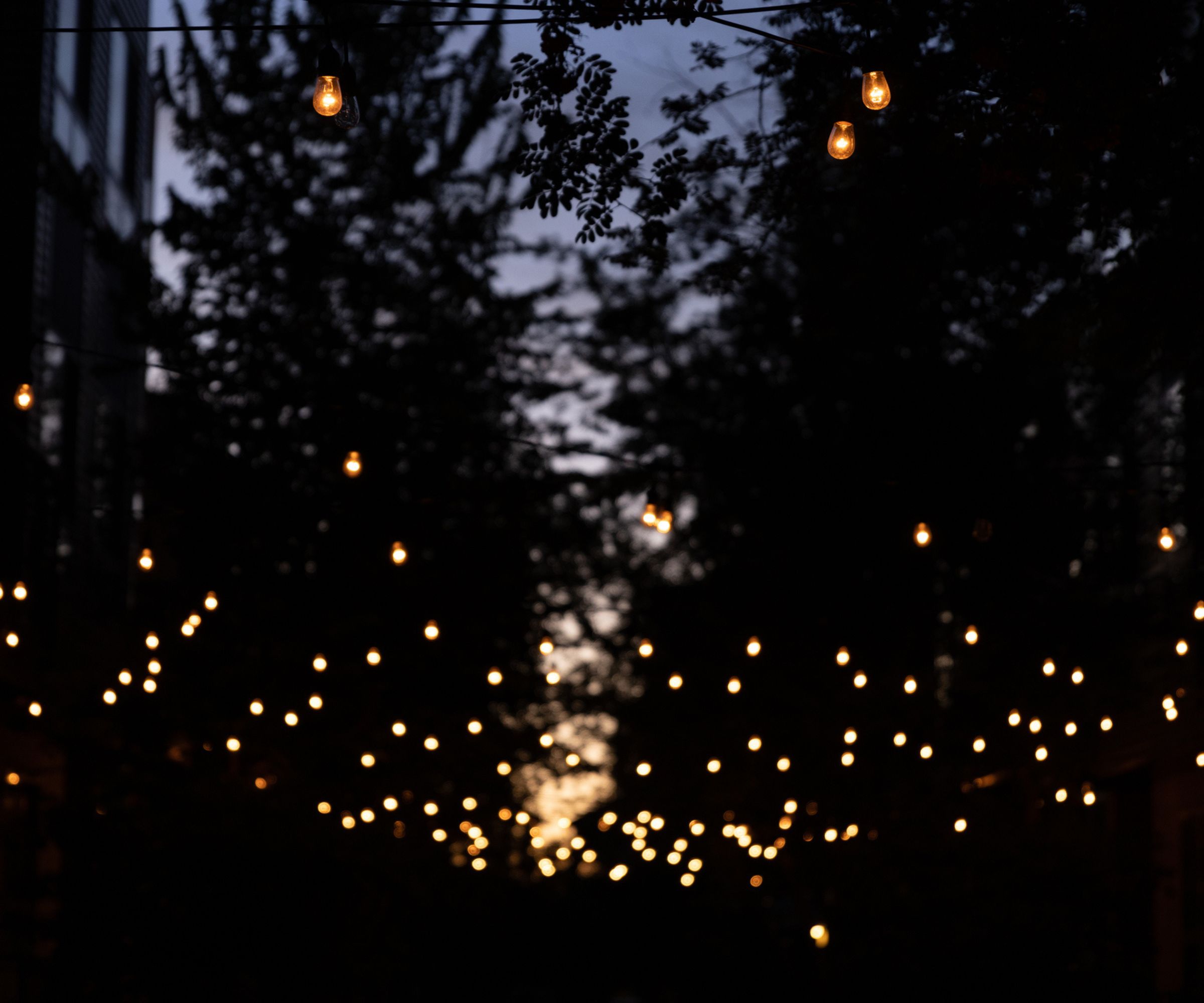
Converting sunlight to electricity is great, but it's only half the battle. Once the light energy is converted into electricity, it needs to be stored to be used at night.
Solar lights do this by using rechargeable batteries, just like the one in your cellphone, vacuum cleaner, or a video game controller.
Electrical expert Brandon Young says 'The batteries store electrical energy in chemical form when the battery is charged. When the right amount of energy is applied, these reactions shift in reverse and convert chemical to electrical energy again, which then can be supplied to devices for use.'
3. Detecting light changes
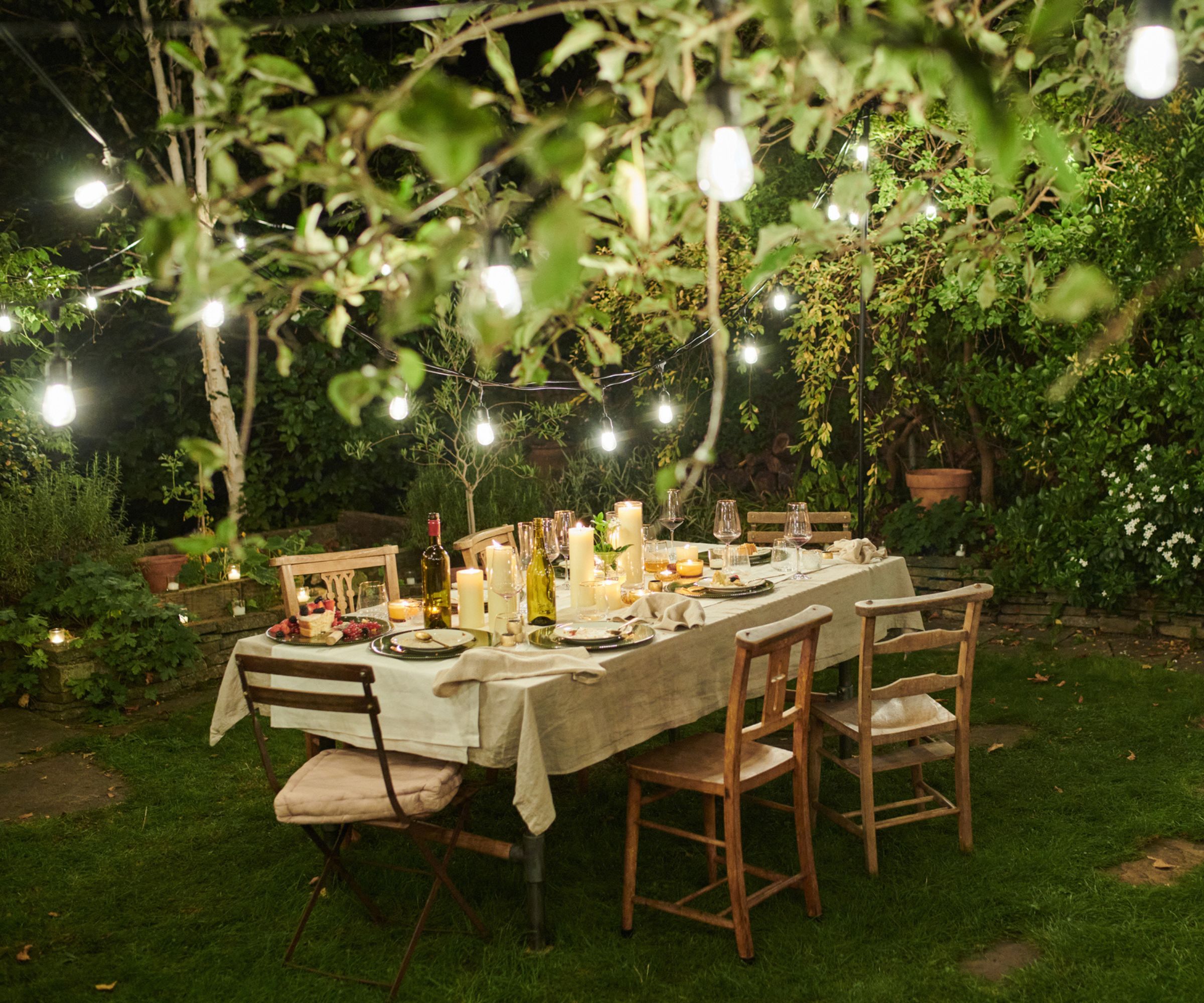
One of the best things about solar lights is that they're automatic. You don't need to switch them on and off; they turn on and off at dawn and dusk without you lifting a finger. In fact, they do it without even needing to set a timer.
That's because solar lights use light sensors to detect light intensity. Brand Young says ' Most solar panels and appliances, like lights, utilize sensors that are majorly light-dependent resistors to measure the intensity of light. When the light intensity falls, say in the dusk, the sensors trigger a control circuitry on/off switch.'
Solar expert Daniel Espada adds that 'These lights have a built-in photoreceptor or light sensor that detects the decrease in sunlight at dusk, automatically switching on the lights. This sensor cuts off the power to the light during the day, allowing the battery to charge.'
4. Weatherproofing

Finally, solar lights need to be able to withstand wind, rain, and low and high temperatures. They're out in the yard all day, so they need to be weatherproofed.
Brandon Young says that 'Solar lights protect against weather conditions via durable, sealed casings made from materials such as plastic and stainless steel to protect internal components. Gaskets, rubber seals, and coatings offer protection against rain, snow, and UV exposure in the absence of water damage, corrosion, or other forms of interference.'
Solar lights - and other outdoor equipment like smart watches - are given IP, or ingress protection ratings. The first number says how well a particular piece of tech can stand up to dust, with 6 being the highest rating, and the second number reveals how well it can stand up to water, with 9 the highest rating.
Most solar lights are between IP65 and IP68. IP68 tends to be the best rating you can find, which means the solar lights are totally dust-tight and can be submerged under 13ft of water for hours before breaking. It's very unlikely that this will happen with solar lights, but it means that they can withstand rain, snow, and in extreme cases, flooding.
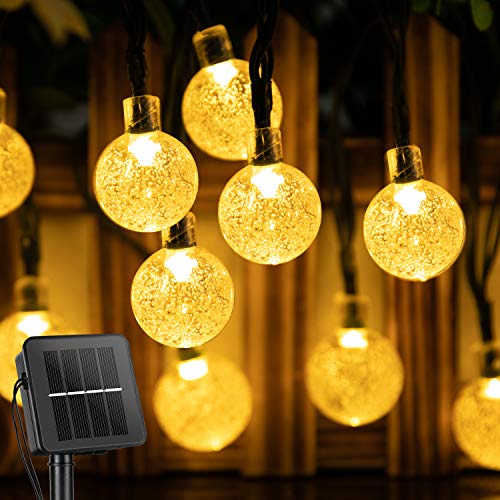
These are the best lights I've ever tested. They aren't bright enough for practical lighting, but they're great for ambiance, and they've lasted through years of sun, snow, and rain.
FAQs
Can you replace the batteries in solar lights?
You can't replace the batteries in all solar lights, but the best models allow access to the batteries so that you can replace them when they eventually break.
We've seen how solar lights take their power from the sun, and many people assume that this means that solar lights are eco-friendly. They don't use fossil fuels to power themselves, so they shouldn't have any carbon emissions. However, they're are significant ecological problems with solar lights that should be considered before you buy a set.
Sign up to the Homes & Gardens newsletter
Design expertise in your inbox – from inspiring decorating ideas and beautiful celebrity homes to practical gardening advice and shopping round-ups.

As a gardens and lifestyle contributor, Alex makes sure readers find the right information to help them make the best purchase. Alex got his start in reviewing at the iconic Good Housekeeping Institute, testing a wide range of household products and appliances. He then moved to BBC Gardeners’ World Magazine, assessing gardening tools, machinery, and wildlife products.
-
 Orange and green is the bold color pairing quietly transforming homes in 2025 – here's 4 reasons why
Orange and green is the bold color pairing quietly transforming homes in 2025 – here's 4 reasons whyInterior designers are making the orange and green combination work wonders – this is how you can too
By Sophia Pouget de St Victor Published
-
 This Michelle-Pfeiffer-approved chair is made of a forebodingly unusual material, opening the debate: Is it a rustic stunner, or a danger to sitters?
This Michelle-Pfeiffer-approved chair is made of a forebodingly unusual material, opening the debate: Is it a rustic stunner, or a danger to sitters?The actress took to Instagram with a chair made of a controversially sharp material – and fans are unsure of how they feel about it
By Sophie Edwards Published
